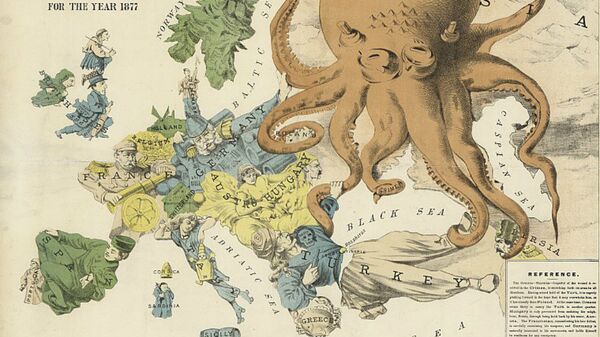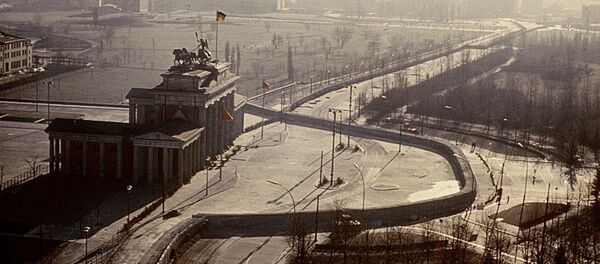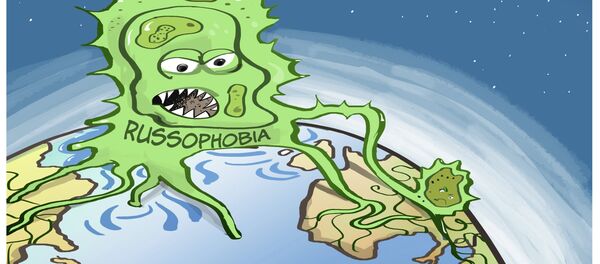In the article, entitled 'Russophobia or Racism?', Benedyczak notes that while Europe wages an oft-tedious "but absolutely correct" battle against the negative stereotyping of minorities, when it comes to Russia, Polish commentators, analysts, experts and scholars seem to get a free pass.
"A few days ago, Center for Eastern Studies military expert Andrzej Wilk gave an interview for [popular Polish daily] Rzeczpospolita," Benedyczak notes. "When asked about the weak points of the Russian army, Wilk answered: 'The weak point of Russia is that it is Russia. There, regardless of someone's plans or efforts, everything eventually turns into a mess. There one will always find someone who will begin drinking, or sell something 'under the table'. Corruption among Russians is practically in their genes. Therefore the weak point here is the human factor.'"
Benedyczak notes that "all sorts of Polish commentators, analysts, experts and scholars allow themselves to make similar remarks with extraordinary ease. The true essence of such statements can be understood if we substitute [in the place of Russians] Senegalese, Indonesians, Congolese, or even Ukrainians; only then does it become clear just how chauvinistic such an approach is."
Furthermore, in Benedyczak's view, "the essence of such racist statements does not change even if we take into account the context of the Russian-Polish conflict or the Russian state's policy toward Ukraine."
Unfortunately, according to Benedyczak, "the case of Andrzej Vilk is indicative of Poles' relations toward Russians. Almost every day in our media we read or hear about how someone in Russia drank themselves to death, how once again a woman has been raped, or that 90 percent of the country is comprised of nationalists, who have state television in their brains in place of gray matter. We are constantly told about how someone took a large bribe, while authorities executed another opposition figure on Red Square."
'Hate' Level Imbalance
Ultimately, the expert notes that as a democratic country, Poland must do more to "adhere to higher standards, rather than to engage in Russophobic escapades, approaching, as in the case above, to outright chauvinism and racism."



